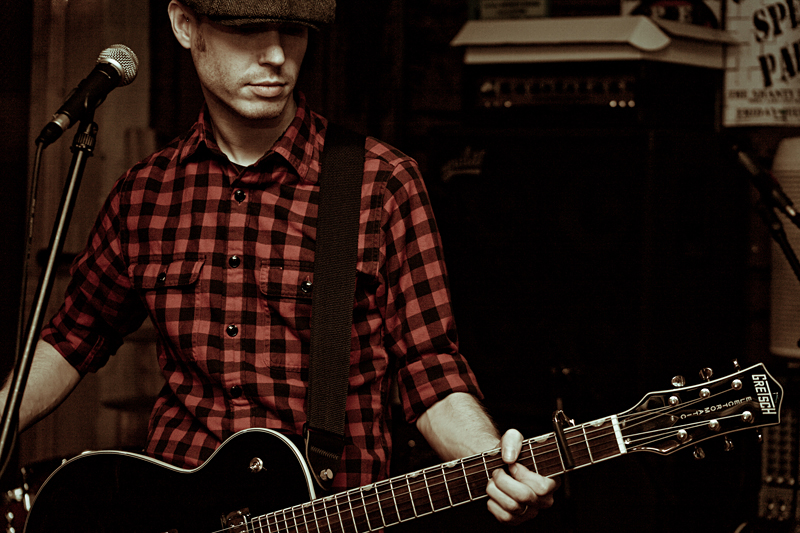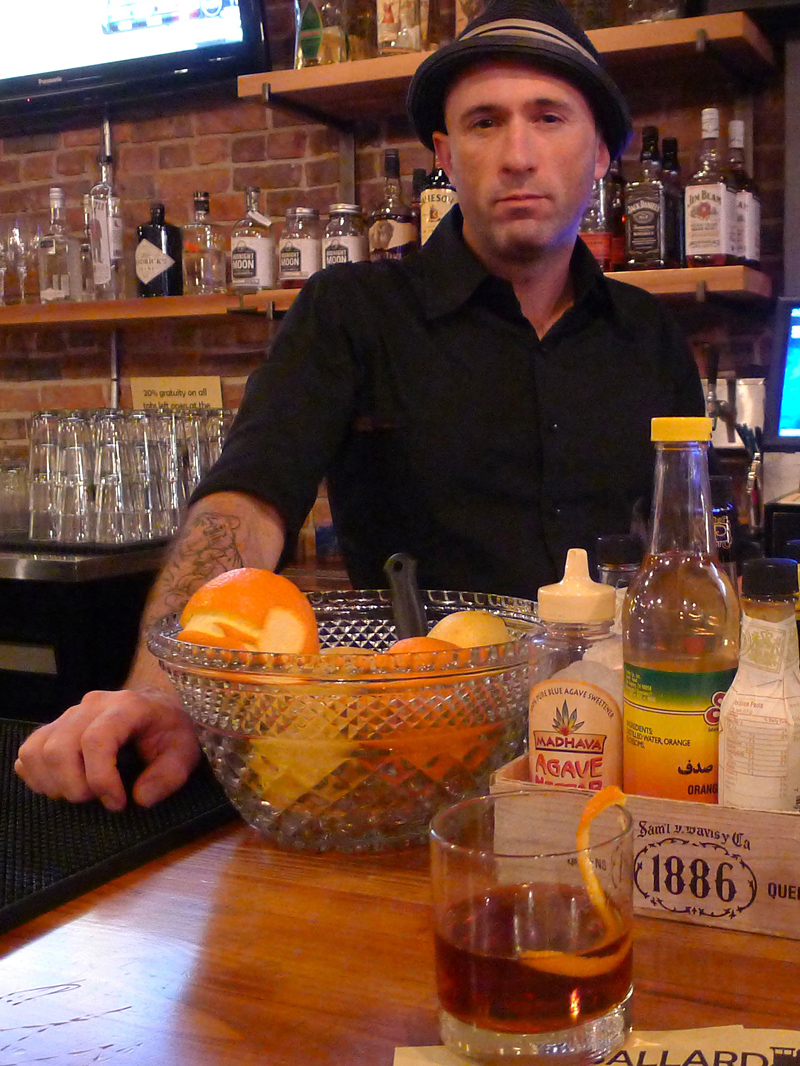Many questions remain in the case of the brutal double murder of 29-year-old Eric Cooper and his 2-year-old surrogate son Cooper Chen, allegedly committed two weeks ago by Cooper’s longtime partner, Dr. Louis Chen, in the couple’s First Hill apartment. But for the leaders of two Seattle-based domestic-violence outreach organizations, the killings were a shocking reminder that domestic violence isn’t just a problem for heterosexual couples.
Between 1997 and 2010, there were five homicides in the state involving same-sex couples, according to the Domestic Violence Fatality Review, an annual study conducted by the Washington State Coalition Against Domestic Violence. The researchers note, however, that the figure is likely higher because they are only able to track the murders “when law enforcement or news reports made the intimate relationship clear.” The First Hill killings are the first on record involving a child victim. In that same period, 750 domestic-violence murders involved heterosexual couples and/or their children.
Connie Burk, executive director of The Northwest Network, a group that provides support and advocacy specifically for LGBT victims of domestic abuse, says that Cooper and Chen’s impending breakup and concerns about the split custody of their 2-year-old son may have triggered the rampage.
Burk explains that, while Washington courts often grant joint custody to same-sex couples, the uncertainty of the situation—particularly for newcomers to the state like Chen and Cooper—can create intense anxiety.
“It has devastating implications,” Burk says. “You cannot rely on these civil institutions to have any response, you don’t know what it’s going to be . . . What that means sometimes for gay people, they’re in a relationship and they have some kind of issue with control or abuse or violence, if they’re not a legal, adopted parent or it’s unclear how a state they’ve moved to would understand their relationship, they may not be in a position to have access to their child if they leave, or if their partner leaves.”
The Northwest Network was founded in 1987, and Burk’s been at the helm since 1997. She says the gay community has historically been loath to discuss the issue of domestic violence, but that has started to change in recent years. “There’s a much greater openness than there was 15 years ago,” she says. “But with that shift, people are still ambivalent about addressing domestic violence.”
Burk says homophobia and, for closeted individuals, the fear of being outed can be other agonizing factors in abusive same-sex relationships. “We get calls from moms in particular and other loved ones who say their son or daughter is trapped in an abusive relationship,” she says. “They have to break down what they’re noticing, and sometimes it’s that their daughter is gay, so it must be that they’re trapped. On the other hand, I’ve also talked to families who said ‘I knew there was something wrong, but I was afraid to say something because I was worried my kid would think I didn’t like them because they’re gay.’ It puts parents in a terrible bind.”
Meanwhile, Merril Cousin, executive director of the King County Coalition Against Domestic Violence, points out that Chen’s case bears some classic hallmarks of domestic violence, regardless of the sexual orientations of the victim and abuser. “When a person is separating from an abusive partner, that’s the most dangerous time,” Cousin says. “Something like 75 percent of domestic-violence assaults and homicides occur while the person is trying to leave or soon after they’ve left. It doesn’t mean someone shouldn’t leave, but it does mean that leaving isn’t simple, and just leaving doesn’t make someone safe.”
Cousin also notes that if Chen was controlling or abusing Cooper, the latter may have been hesitant to come forward because Chen’s status as a physician could have given him more credibility in the eyes of the authorities. “The fact that he was a highly respected medical doctor also shatters a lot of myths about domestic violence,” Cousin says. “A lot of people have stereotypes about who is likely to be an abuser, and a respected endocrinologist does not typically fit the bill.”
“As tragic as it is, it does bring the issue of domestic violence to the forefront,” Cousin adds. “My hope would be that, out of the tragedy, it could at least create some increased awareness about the problem, about the fact that there is help out there.”






